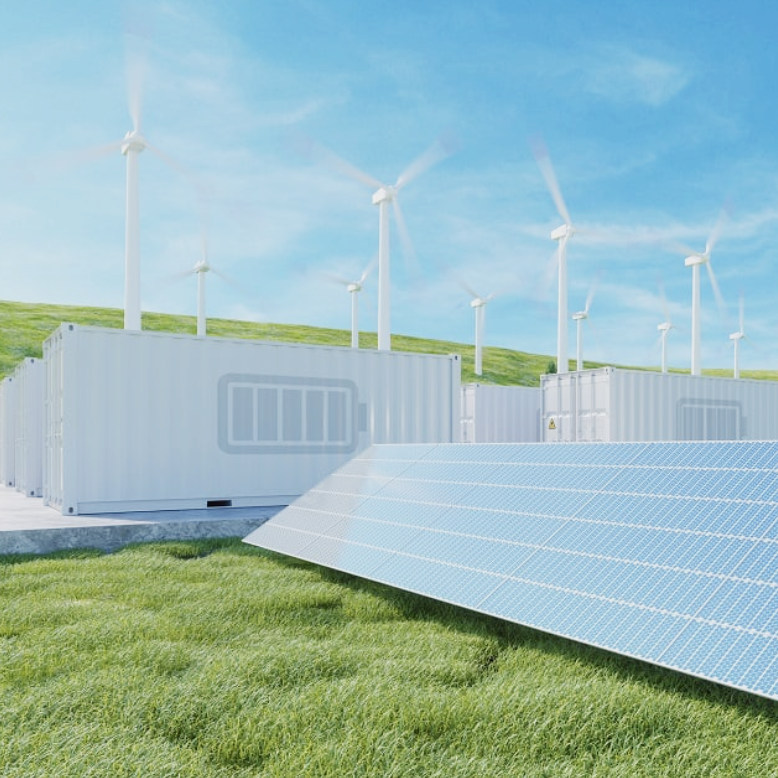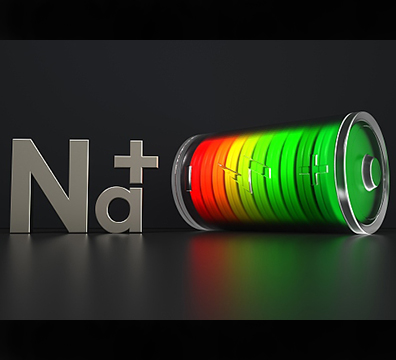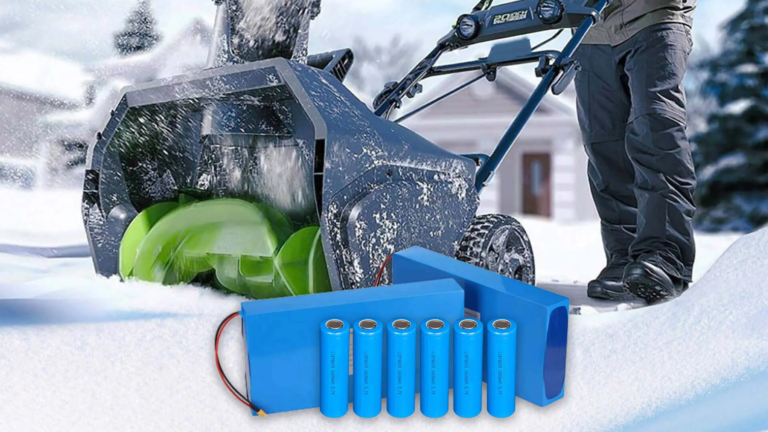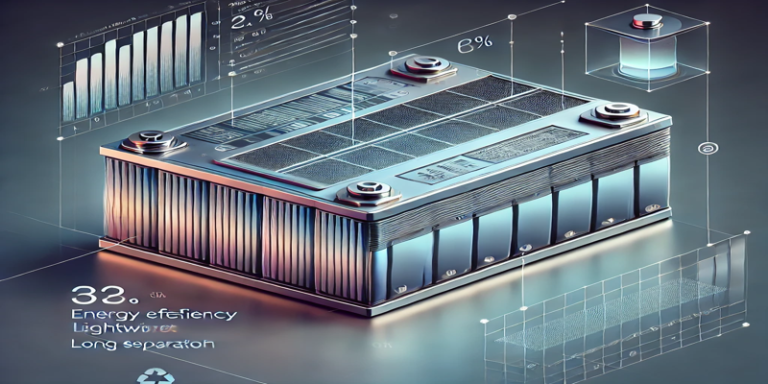Comparison of advantages and disadvantages between liquid cooling and air cooling.
Why does industrial and commercial energy storage choose liquid cooling for thermal management? Comparison of advantages and disadvantages between liquid cooling and air cooling.
What is a liquid cooling system?
A liquid cooling system, also known as liquid cooling, is a technology that uses liquid as a cooling medium to absorb and transfer heat. This technology utilizes the efficient heat conductivity of liquid to quickly remove heat generated inside equipment, thereby maintaining the equipment’s operation within an appropriate temperature range to improve performance and reliability.
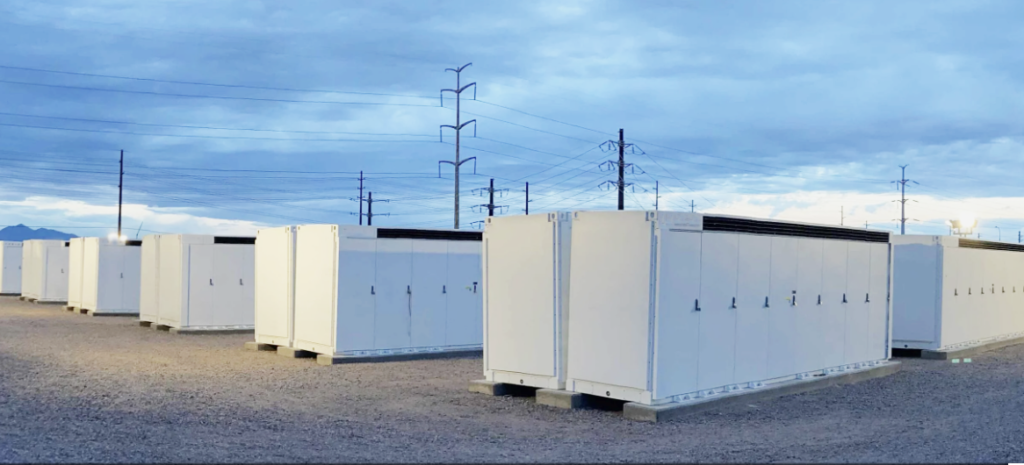
Liquid cooling systems are mainly applied in the following areas:
Data Centers: Data centers are one of the primary areas where liquid cooling systems are applied. Due to the dense equipment and high heat dissipation requirements in data centers, traditional air cooling methods may struggle to meet the cooling demands. Liquid cooling systems efficiently dissipate heat by circulating liquid, ensuring stable operation of data centers.
High-Performance Computing: High-performance computers, servers, etc., generate a significant amount of heat while processing large amounts of data. Liquid cooling systems effectively reduce the temperature of these devices, enhancing computational performance and stability.
Industrial Control Equipment: Liquid cooling systems are widely used in industrial control equipment. These devices often operate in harsh environments with high temperatures and humidity. Liquid cooling systems effectively control device temperature, improving reliability and stability.
New Energy Vehicles: Battery packs in new energy vehicles require efficient cooling systems to maintain performance and longevity. Liquid cooling systems, with their efficient heat dissipation capabilities, are an ideal choice for cooling new energy vehicle batteries.
Energy Storage Systems: Liquid cooling systems are also widely used in energy storage devices such as batteries and supercapacitors. By circulating fluid, heat energy is expelled from the devices, preventing overheating and ensuring continuous stable operation.
In addition, liquid cooling systems are also applied in new energy power generation stations like wind and solar power, rail transportation, military industries, etc. As the demand for energy storage devices in sectors such as new energy, electricity, and transportation continues to grow, the application of liquid cooling systems will become more widespread.
Why do industrial and commercial energy storage systems switch from air cooling to liquid cooling systems?
Liquid cooling systems have better heat dissipation and heat exchange efficiency than air cooling, effectively suppressing the occurrence of fires early on. In situations where there are signs of thermal runaway, liquid cooling solutions can rely on high-flow coolant to forcibly dissipate heat from battery packs and redistribute heat between battery modules, quickly suppressing the continuous deterioration of thermal runaway and reducing the risk of runaway.
What is air cooling:
Air cooling is a heat dissipation method that uses air as a medium to cool objects that need cooling. Its working principle involves increasing the surface area or increasing the airflow above the object to be cooled, or both. Air cooling is typically achieved by enlarging the surface area of the object that needs cooling or by accelerating the rate at which air flows over the object in a given time period, or a combination of both methods. The former can be achieved by adding heat sinks to the surface of the object, usually by attaching heat sinks externally or fixing them onto the object to enhance heat dissipation efficiency; the latter can be accomplished by using fans to strengthen ventilation and enhance cooling effects. In most cases, adding heat sinks can significantly improve cooling efficiency.
Comparison of air cooling and liquid cooling:
Liquid Cooling: High heat dissipation and heat exchange efficiency, space-saving, high cost. Air Cooling: Low cost, space-consuming, easy maintenance, low cost.

